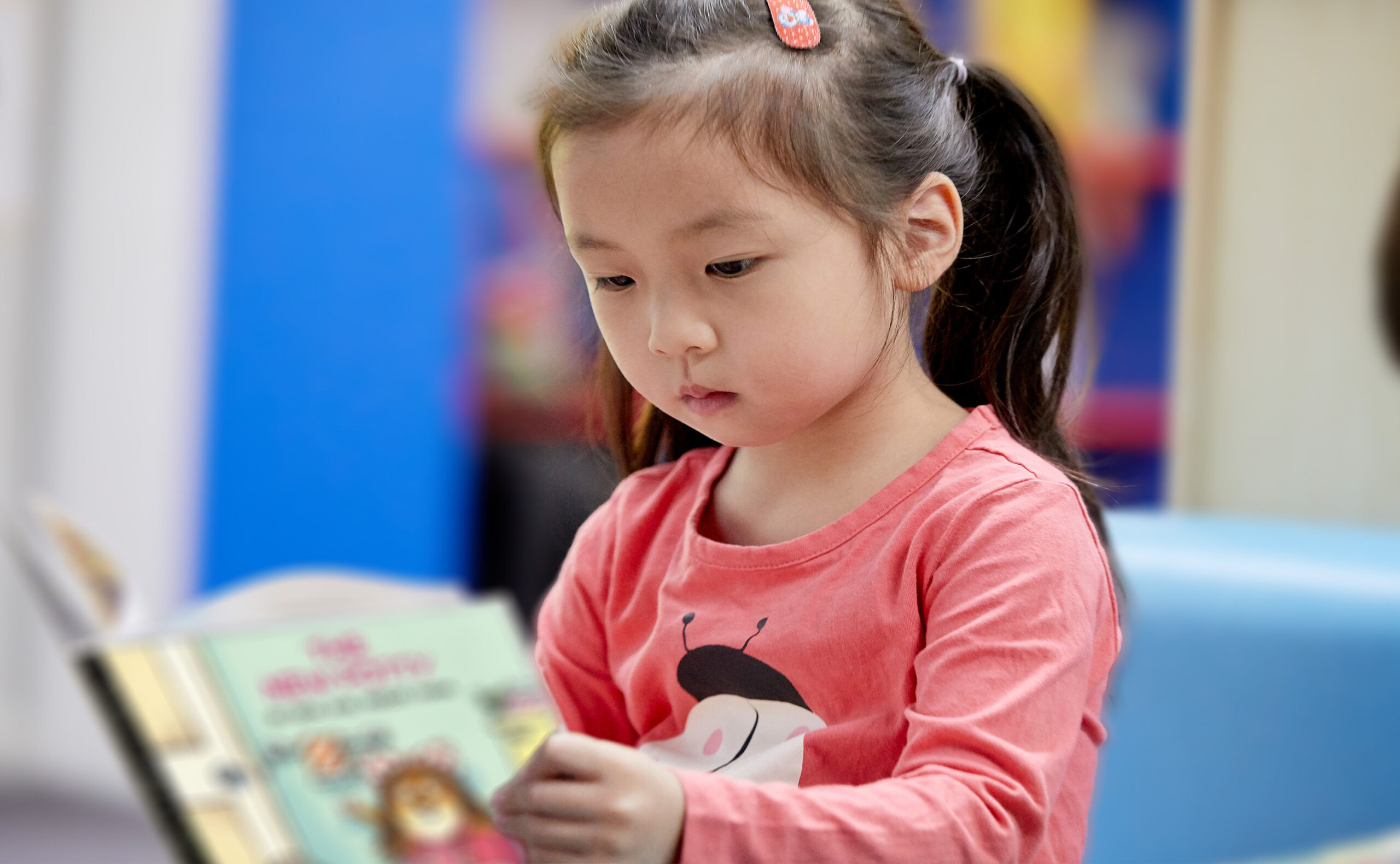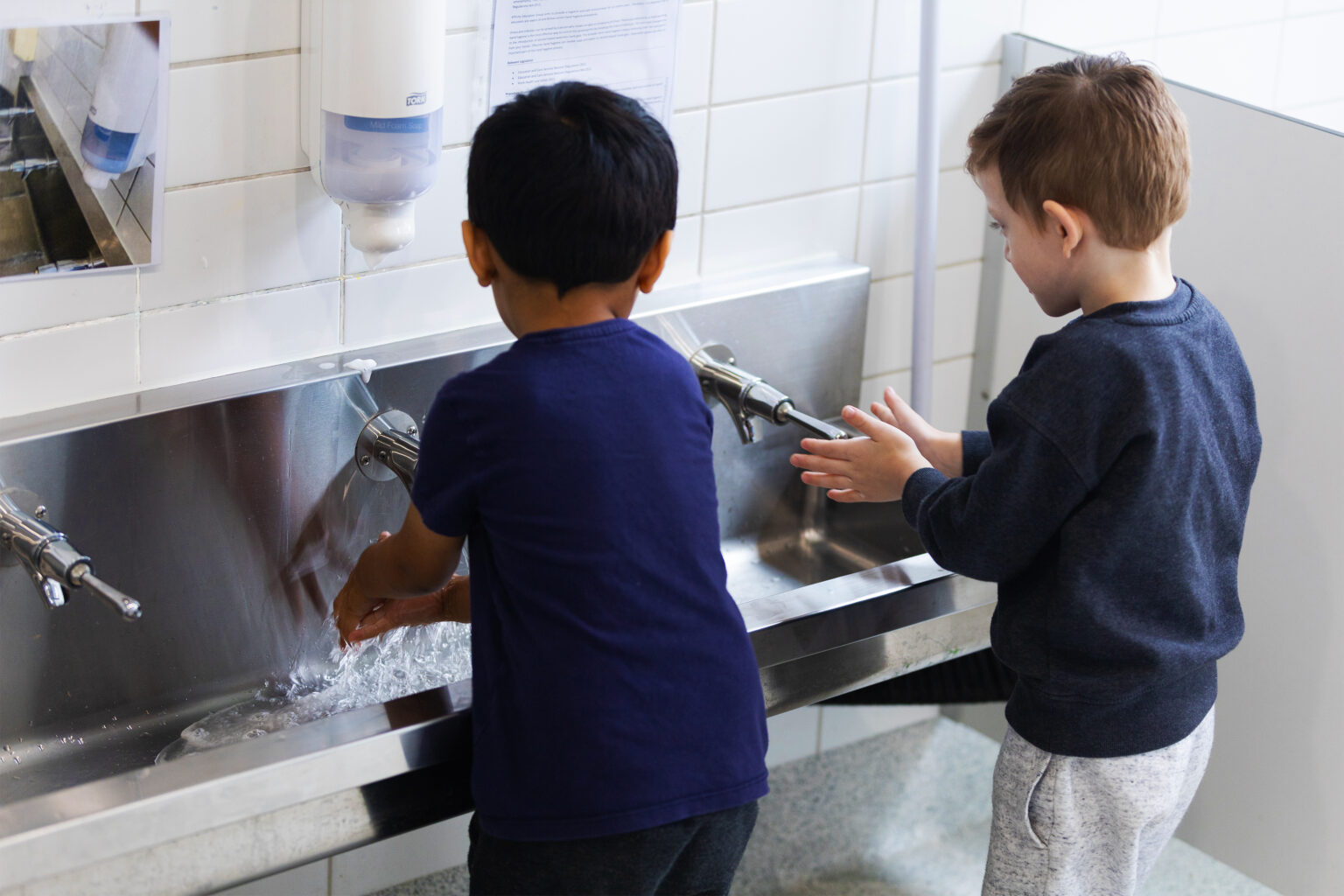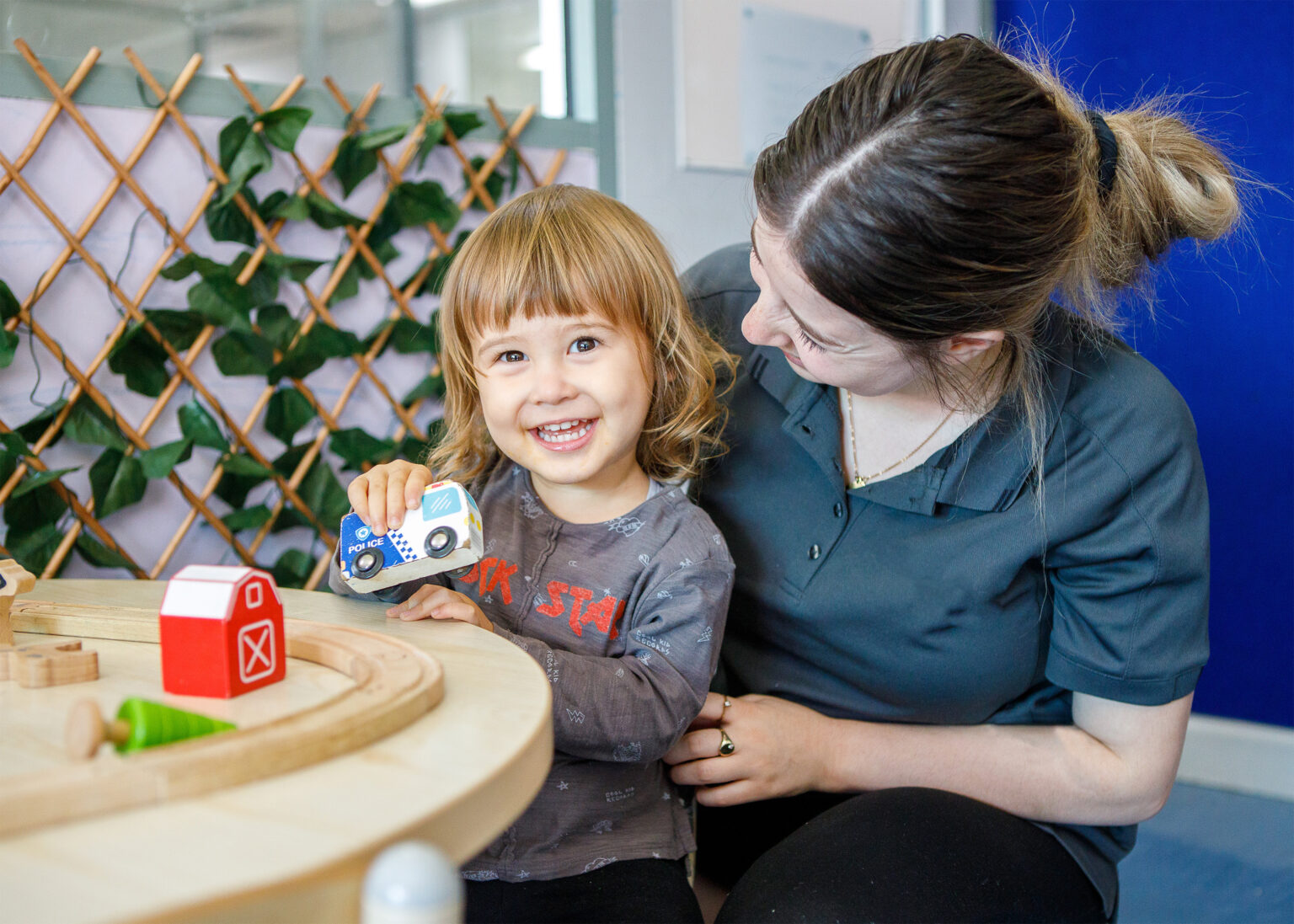
Learning to use the toilet is an essential milestone in your child’s life, and as we know, each child develops at different rates; therefore, our experts suggest focusing on a variety of developmental cues, rather than age, when deciding to start the toilet training process.
Readiness signs
Readiness signs will vary for each Toddler; however, some cues may include the following:
- An increased interest in the bathroom.
- Staying dry for longer periods.
- They are starting to dislike wearing a wet or soiled nappy.
- Understanding what you are saying when referring to the toilet or potty.
- Using language (verbally or physically) that they are aware they need the bathroom or are going toilet.
- They are confident at pulling their pants up or down.
- They can follow simple instructions.
Miss Zahra, Sprouts Room Leader at Papilio Early Learning Essendon, shared the signs she and her team regularly look out for in the toddler rooms, “Although our room can be busy at times, we are always aware of the importance of identifying cues that our toddlers may be showing if they have started or are on the way to beginning toilet training.
“The cues we see most are children being dry in their nappies for more extended times, which shows they are gaining more control over their bodies, starting to be able to tell educators immediately when their nappy is soiled or uncomfortable, which shows they have more awareness of their bodies and may soon be able to tell ahead of time that they need to go, interest in the toilet and toileting such as wanting to practice sitting or using the flush button, and sometimes wanting to undress themselves or take off their own nappy which leads to the self-care skills needed in the process of going to the toilet independently.
“We always maintain regular updates with our families to ensure we are in tune with their routines and pick up on cues that they may be already showing at home.”

Introducing toilet training
It is important to ensure your Toddler is confident and comfortable throughout the learning process. When a child is confident in a new environment, they are more receptive to listening, learning and retaining new concepts.
Ways to build confidence in your child when starting toilet training may include:
- Allowing your child to observe you or their siblings using the bathroom and explain what is happening and why.
- Reading books or watching toilet training videos with them.
- Sitting them on the toilet with clothes on to get confident at sitting by themselves.
- Ensuring they are dressed so that their clothing can be removed quickly and by themselves, if possible, will allow them to feel more independent.
Consistency is key
Consistency and positive encouragement will assist your Toddler in developing a toilet training schedule that is personalised to them and your family’s routine; this will help them understand expectations and develop habits.
Developing this routine may include the following:
- Taking note of when your Toddler goes to the toilet will assist with developing a schedule.
- Sitting your child on the toilet at regular intervals and praising them for their successes, no matter how small, either through verbal encouragement, stickers, small treats, or a reward chart, will assist with motivation.
- Be patient and supportive, any progress should be praised, and accidents or setbacks are normal and just a part of the learning process.
- Ensuring your routine has been discussed with your early childhood educator and centre to ensure your child’s routine is consistent even in care.

Senior Education Advisor Jola Sung for Affinity Education Group highlighted the importance of routine when starting or working through toilet training, sharing, “Routine moments, like toileting, have invaluable opportunities for children to learn lifelong skills through repetition throughout the day; This is why, we also include routine opportunities in our Lifelong Learning Curriculum, as we consider them as our ‘Completely Connected’ moments.
“Our educators use these daily opportunities to focus on talking to our children about their bodies and self-care whilst nurturing with warmth and connection; This helps to ensure your children are always supported with positivity in reaching their milestones!”
Every child is unique, and the toilet training journey may take time. Stay patient, celebrate small victories, and provide your child with a supportive and encouraging environment.
For more information about your closest centres book a tour or call our Family Support Team on 1800 CHILDCARE.
Additional Sources:
https://raisingchildren.net.au/preschoolers/health-daily-care/toileting/toilet-training-guide
https://www.pregnancybirthbaby.org.au/toilet-training
https://www.startingblocks.gov.au/at-home/toilet-training-your-child
